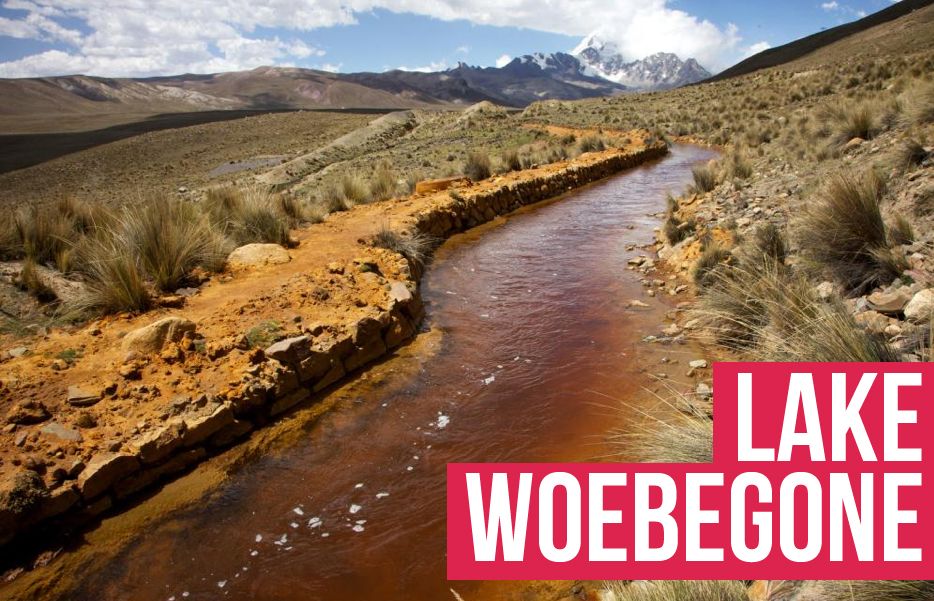Real Slick
Last November, a local fisherman working off the coast of Ghana noticed a large oil slick working its way toward the coast. “The next day a dark, syrupy ooze arrived onshore, coating beaches of several fishing communities and waterfront hotels in Ghana’s Ahanta West District, the coastal strip closest to the country’s new, deep water oil field.” The Ghanaian government’s reaction? “Indifference,” according to Pulitzer grantee Christiane Badgley. Not a good sign for the newest member to the club of oil-producing nations. Ghana’s government has promised that it would avoid the so-called “oil curse” and use its new-found resource to help develop the country. Christiane, who has been following the oil industry in Africa for several years, looks at Ghana’s chances of making good on that promise in series of reports for the Pulitzer Center and the Center for Public Integrity’s iWatch news site.
*
Lake Titicaca, which straddles the border of Bolivia and Peru is South America’s largest freshwater lake and a life-sustaining resource for those who live on its shores. But climate change and urban expansion threaten to damage the lake’s fragile ecosystem. Pulitzer grantees Sara Shahriari and Noah Friedman-Rudovsky have been documenting the looming crisis for The Guardian in Britain. A series of Noah’s vivid images appeared in The Guardian this week.
*
Pulitzer grantee Kwame Dawes’ work in Haiti after the earthquake demonstrated that poetry can be a powerful tool for storytelling. Persephone Miel Fellow Shaheen Buneri, writing in the Boston Review, explains how poetry is being used to fight against the excesses of the Taliban in Pakistan and Afghanistan.
*
The Pulitzer Center on Crisis Reporting is partnering with Foreign Policy magazine to commission a series of reports on borderlands, culminating in the publication of three e-books on the topic. The Pulitzer Center is offering a $5,000 stipend plus travel expenses for each of the three e-book projects, which will be selected and edited by Foreign Policy. Proposals of no more than 500 words and travel budgets should be submitted online to [email protected] or [email protected] by Feb. 6.
Until next week,
Tom Hundley
Senior Editor
